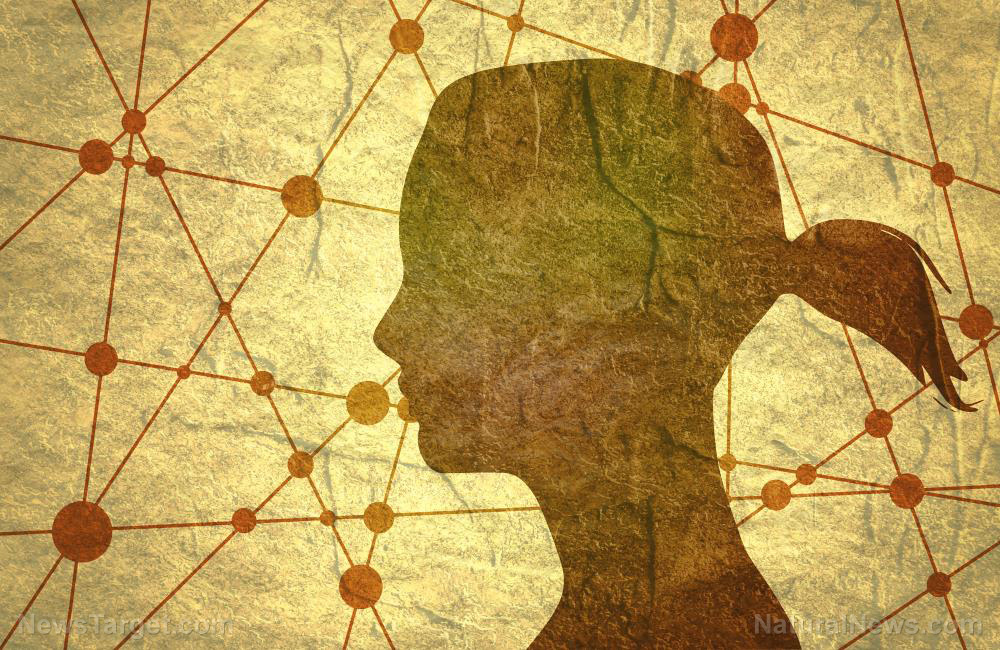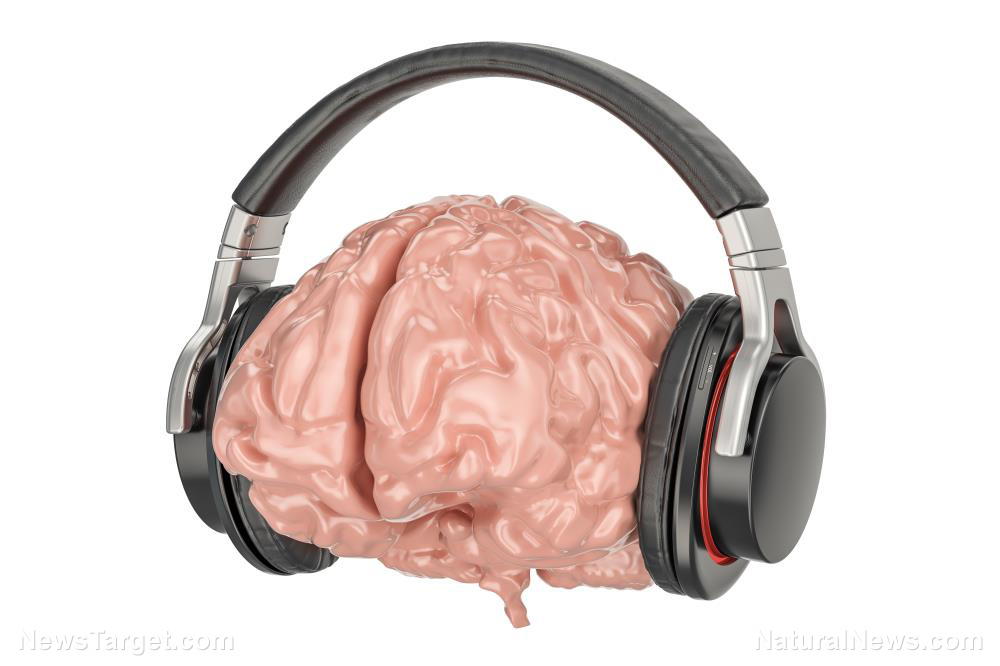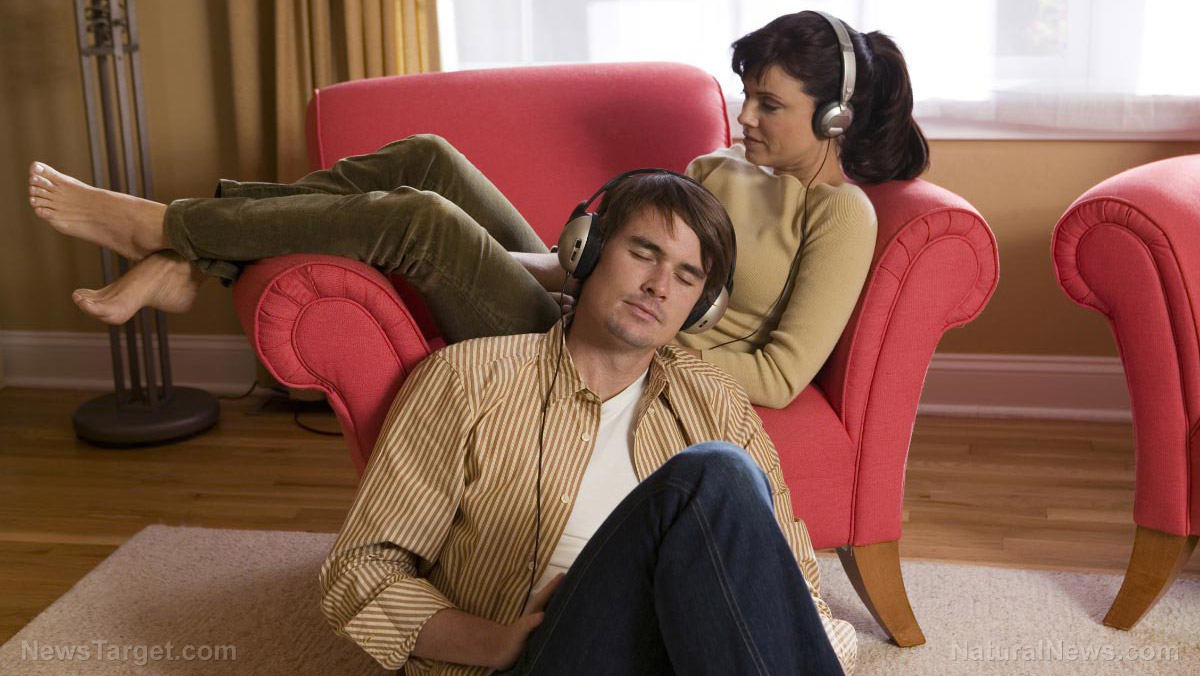Bipolar disorder is NOT depression – here’s how to deal with each
11/30/2019 / By Melissa Smith

A lot of people may think bipolar disorder is depression. This could be because bipolar disorders were once called “manic depression” and featured depressive episodes. However, these two mental health problems have key differences, and understanding the two can help you deal with each.
Bipolar disorder is a brain disorder that causes unusual changes in mood, energy, activity, and the ability to accomplish daily tasks. Depression, on the other hand, is a common but serious mood disorder that causes severe symptoms that affect how you think, feel, and handle daily activities.
To better understand bipolar disorder, here’s a quick look at its symptoms:
- People with bipolar disorder experience manic episodes. These episodes are characterized by increased energy and focus, and feelings of euphoria or irritation that last for at least one week at a time. These can induce feelings of grandiosity, a racing mind, and the immediate and uncontrollable urge to engage in different activities, such as having lots of ideas and taking a lot. In addition, people with bipolar disorder may feel physically restless and lack sleep during these times. These episodes are also severe enough to interfere with their daily lives and may require hospitalization.
- People with bipolar disorder also have hypomanic episodes. These episodes have almost the same symptoms but are not as severe as manic episodes. These symptoms won’t necessarily be noticed by others and do not require hospitalization.
- Depressive episodes are another characteristic symptom of bipolar disorder. These episodes can include a depressed mood, loss of interest in previously meaningful activities, sudden changes in weight and appetite, a physical slowing down or speeding up, sleep disturbances, feelings of worthlessness or guilt, trouble concentrating and making decisions, and suicidal feelings or thoughts about death.
What makes them different from each other?
Bipolar disorder and depression have key differences. One of these is that people with depression do not experience manic episodes. People with bipolar disorder quickly cycle through different extreme moods, while the mood of people with depression remains more constant. The former also tend to have more “atypical features” during a depressive episode than the later. These features include oversleeping than lacking sleep, physically feeling heavy, and being psychotic. They also tend to be depressed for shorter periods than those with depression. Lastly, people with bipolar disorder are more likely to have suicidal thoughts during a depressive episode and have a higher risk of abusing alcohol and drugs than people with depression.
Managing bipolar disorder and depression
Many people use pharmaceutical drugs to manage their condition, but these are often ineffective and harmful when used over time. The good news is that mental health problems can be managed with lifestyle changes and alternative remedies.
When it comes to managing bipolar disorder, getting enough sleep is important but it can be challenging. Bipolar disorder can disrupt one’s sleep. During a manic episode, a person may lack sleep, but during a low phase, they may sleep for a long time. To help you sleep better, set a regular sleep schedule; make sure your room is comfortable; avoid eating a large meal too close to bedtime; limit or avoid alcohol; and avoid screen time.
Some evidence also suggested that omega-3 fatty acids may help. Various research found that bipolar disorder is less common in countries where people consume a lot of fish. These healthy fats can also be found in nuts and plant oils. Taking magnesium supplements may also help. Magnesium plays a role in regulating mood and both manic and depressive episodes. Bipolar patients who eat a lot of processed meats are more prone to mania
When it comes to managing depression, making some lifestyle changes can also help. Similar to managing bipolar disorder, proper diet, enough sleep, and limiting alcohol intake can help improve the symptoms of depression. Minimizing stress as much as possible is also one of the best things you can do to beat depression. Staying connected with your friends and family, boosting your self-image, and expressing yourself through writing can help you beat depression and relieve stress.
Read more articles on different mental health problems at Mental.news.
Sources include:
Tagged Under: beatdepression, bipolar, bipolar disorder, brain health, depression, disease treatments, mania, manic episodes, manic-depression, mental health, psychiatric disorders, Psychology, remedies
RECENT NEWS & ARTICLES
COPYRIGHT © 2017 BEATDEPRESSION.NEWS
All content posted on this site is protected under Free Speech. BeatDepression.news is not responsible for content written by contributing authors. The information on this site is provided for educational and entertainment purposes only. It is not intended as a substitute for professional advice of any kind. BeatDepression.news assumes no responsibility for the use or misuse of this material. All trademarks, registered trademarks and service marks mentioned on this site are the property of their respective owners.



















